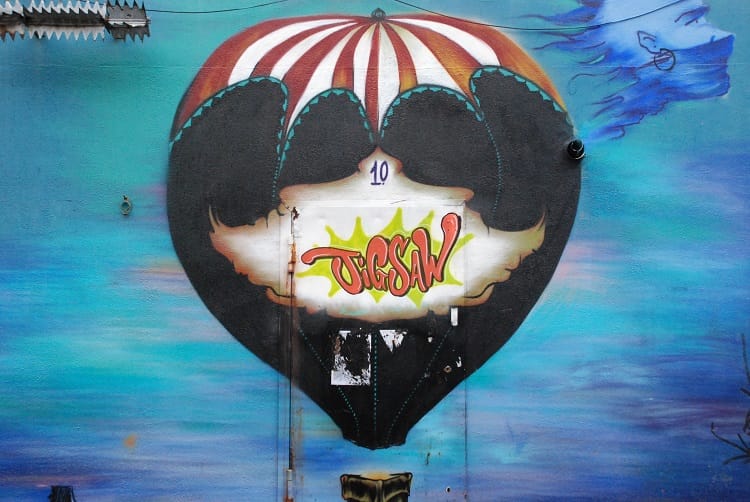Central government is looking at whether councils should be allowed to borrow more, to build more
The current restrictions do need to change, said a spokesperson for the Department of Finance.
FixJam is back, and the organisers are ready to help you tinker with toasters, sew on buttons and generally learn to repair things instead of binning them.

In the past, everybody knew how to sew, says Deborah Tormey. “Your mam, your granny, people who used to work in factories.”
But these days people will come to Tormey, a seamstress, for help with the simplest of jobs – like how to replace a button.
This Saturday afternoon, Tormey and other fixers are taking over Jigsaw on Gardiner Street for FixJam, which aims to promote hands-on learning and repair skills.
FixJam’s message is clear: bring down your broken gear and we’ll see what we can do.

Expect one-on-one basic repair advice, says FixJam organiser Max Mori.
Inspired by similar initiatives in New Zealand and the Netherlands, Mori – an artist day-to-day- wants to provide a relaxed atmosphere in which to pass on information. “I suppose it’s like one-to-one mini workshops on how to fix a particular item.”
Like a toaster, for instance.
That’s one of the pieces metallurgist – or self-described “bit of everything” man – Connor McCague tackled last time Mori and others threw one of these events at Jigsaw.
McCague grew up fiddling, tinkering and repairing, so he was lucky in some sense, and different to many. “There’s a huge amount of, ‘Ah. I’ll just get a new one,’” he says.
That toaster repair could have gone worse. “I’d never done it before,” he says. “We’d a good hour at it, maybe more. But the lady who brought the toaster had her kid with her. She thought ‘No, we’ll try get it fixed before we get a new one.’”
Since electronics can be affordable, it’s easy to see why we so often chuck them out or never learn to fix them up ourselves.
“I think people are much quicker to pay money to have something fixed, or else throw it out,” says Tormey. “Especially with things like phones and electronics, it’s pretty lousy to see so much of that stuff ending up in the bin.”
FixJam is a push-back in that sense.
This is Mori’s second FixJam, and he says he is open to suggestions and ideas for future events. At the moment, the event is free, with a suggested donation of €5.
But he doesn’t want cost to be an issue. “We do understand that people could be struggling,” he says. “If people can’t afford to donate I’m – and I think everybody else there is – not going to dismiss you.”
“It can bring people together as well,” he says. “I think it’s a nice thing for people to know that they have a support network there for them.”
It’s ultimately about education at the day’s end, he says. Dublin Institute of Technology (DIT) have been in touch with a view to hosting the next event.
We should create a fixing culture, says McCague.
Still, he’s unsure what will come through the door this Saturday. Toasters he has down pat now, but he’ll give anything a go, he says.
“Getting you car fixed is a normal thing, but you don’t throw your car away right? I suppose it’s a lot more expensive,” he says. “But the culture isn’t there to get other stuff fixed.”